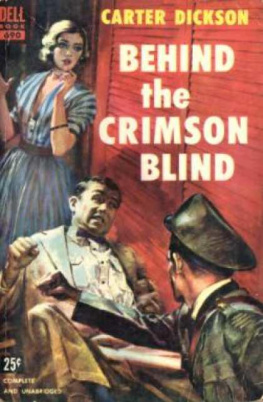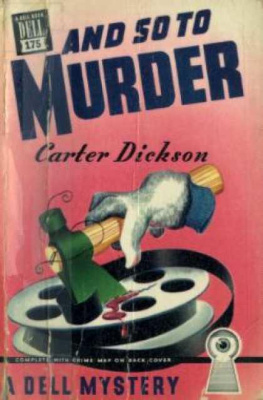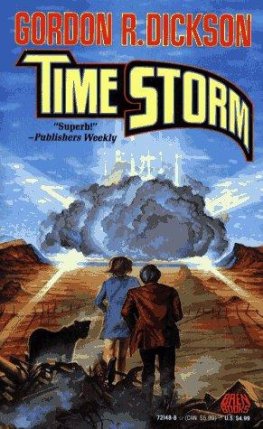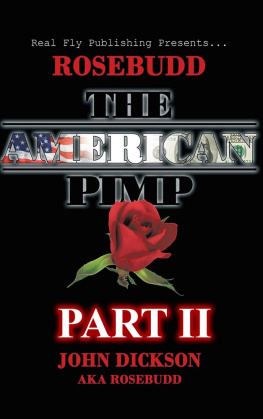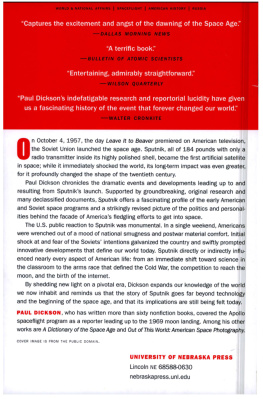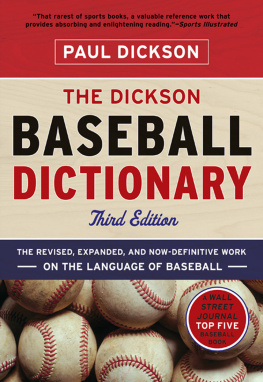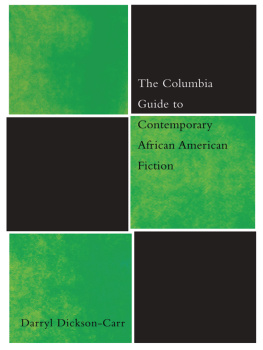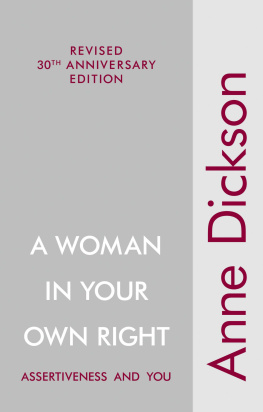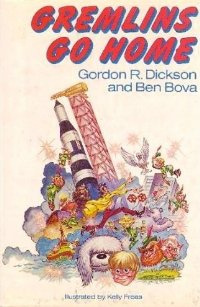Carter Dickson (John Dickson Carr) - Behind the Crimson Blind
Here you can read online Carter Dickson (John Dickson Carr) - Behind the Crimson Blind full text of the book (entire story) in english for free. Download pdf and epub, get meaning, cover and reviews about this ebook. year: 1989, publisher: Zebra, genre: Adventure. Description of the work, (preface) as well as reviews are available. Best literature library LitArk.com created for fans of good reading and offers a wide selection of genres:
Romance novel
Science fiction
Adventure
Detective
Science
History
Home and family
Prose
Art
Politics
Computer
Non-fiction
Religion
Business
Children
Humor
Choose a favorite category and find really read worthwhile books. Enjoy immersion in the world of imagination, feel the emotions of the characters or learn something new for yourself, make an fascinating discovery.
- Book:Behind the Crimson Blind
- Author:
- Publisher:Zebra
- Genre:
- Year:1989
- Rating:4 / 5
- Favourites:Add to favourites
- Your mark:
- 80
- 1
- 2
- 3
- 4
- 5
Behind the Crimson Blind: summary, description and annotation
We offer to read an annotation, description, summary or preface (depends on what the author of the book "Behind the Crimson Blind" wrote himself). If you haven't found the necessary information about the book — write in the comments, we will try to find it.
Behind the Crimson Blind — read online for free the complete book (whole text) full work
Below is the text of the book, divided by pages. System saving the place of the last page read, allows you to conveniently read the book "Behind the Crimson Blind" online for free, without having to search again every time where you left off. Put a bookmark, and you can go to the page where you finished reading at any time.
Font size:
Interval:
Bookmark:
DEATH IN TANGIER
"Look!" snapped Perez. "The crimson window!"
They saw Collier standing like an immense white slug against the crimson panes, frantically twisting the rusty brass handle of the window. He wrenched open the handle, kicking the window wide.
"Down!" yelled Perez. "Down on your faces, everybody!" Up went his hand, above his head, while he shouted an order to his men.
Rat tat tattattat, spurted the automatic rifles, their line of fire converging on the window.
Collier's very clothes seemed to flap and fly in the wind of bullets. In dying agony, he gave a terrific spring backward from the windowsill, and landed heavily, face up, on the carpet. His blood flowed out and over the design as he twitched once and forever lay still.
MYSTERIES TO KEEP YOU GUESSING
by John Dickson Carr
CASTLE SKULL (1974, $3.50)
The hand may be quicker than the eye, but ghost stories didn't hoodwink Henri Bencolin. A very real murderer was afoot in Castle Skull a murderer who must be found before he strikes again.
IT WALKS BY NIGHT (1931,53.50)
The police burst in and found the Du k e's severed head staring at them from the center of the room. Both the doors had been guarded, yet the murderer had gone in and out without having been seen).
THE EIGHT OF SWORDS (193 1, $3.50)
The evidence showed that while waiting to kill Mr. Depping, the murderer had calmly eaten his victim's dinner. But before famed crime-solver Dr. Gideon Fell could serve up the killer to Scotland Yard, there would be another course of murder.
THE MAN WHO COULD NOT SHUDDER (1703, $3.50) Three guests at Martin Clarke's weekend party swore they saw the pistol lifted from the wall, levelled, and shot. Yet no hand held it. It couldn't have happened but there was a dead body on the floor to prove that it had.
THE PROBLEM OF THE WIRE CAGE (1702, 53.50) There was only one set of footsteps in the soft clay surface and those footsteps belonged to the victim. It seemed impossible to prove that anyone had killed Frank Dorrance.
Available wherever paperbacks are sold, or order direct from the Publisher. Send cover price plus 50? per copy for mailing and handling to Zebra Books, Dept. 2607, 475 Park Avenue South, New York, N. Y. 10016. Residents of New York, New Jersey and Pennsylvania must include sales tax. DO NOT SEND CASH.
A SIR HENRY MERRiVALE MYSTERY BY
BEHIND THE CRIMSON BLIND
ZEBRA BOOKS KENSINGTON PUBLISHING CORP.
ZEBRA BOOKS are published by
Kensington Publishing Corp. 475 Park Avenue South New York, NY 10016
Copyright 1952 by William Morrow & Co., Inc. Copyright renewed 1980 by Clarice M. Carr, Julia McNiven, Mary B. Howes and Bonita Marie Cron.
All rights reserved. No part of this book may be reproduced in any form or by any means without the prior written consent of the Publisher, excepting brief quotes used in reviews.
First Zebra Books printing: March, 1989 Printed in the United States of America
The nine-thirty plane from Lisbon, due to arrive at Tangier two hours later, was on time; it swept in lower, broader circles above the airport. Most of the passengers, pressing their faces to the small windows of the small aircraft, were mystified or annoyed.
It was the first day in April. Below them they had expected to see Tangier, that lotus-city where you might do as you please, drowsing under a hot hard sunlight reflected from white houses, and the blue indentation of the Mediterranean where Cape Spartel marks the northernmost point in Africa. But, deplorable to relate, the weather was as bitterly cold as it might have been in London or New York. The plane bumped through tattered wreaths of mist through which such passengers caught glimpses only of dull green ground.
"Oh , dear!" inwardly groaned Miss Maureen Holmes.
It was only by accident that the slender, dark-haired American girl wore a fur coat. For some reason Maureen Holmes could not bring herself to leave it behind in New York. But dolefully she thought she spent as much on clothes and light summer, almost tropical clothes as the cost of the whole trip.
Suddenly, and apparently out of the air, Maureen was addressed by a bass voice whose owner seemed to think he was speaking in a hushed whisper.
"S-s-t!" hissed the voice. "Oi!"
The backs of these seats in the plane were very high. Also, electrically illumined signs in two languages above the door to the pilot's cabin announced that you must keep your seat belt fastened. Yet the very large, stout, barre l - shaped gentleman, occupying the seat in front of Maureen, had overcome these difficulties.
In some fashion he had turned round and kneeled to face Maureen. Over the seat peered a face which was large, round, and square-jawed, with a polished bald head and a pair of shell-rimmed spectacles pulled down on a broad nose. Though he meant only earnestness, he directed at Maureen a look of such horrible malignancy that the girl would have shied back if she had not recognized him.
"Now listen, my wench," he began, in what he imagined to be his most polished social manner. "I've got to explain a few things. Just between ourselves... sh-h, now! ... my name is... '
Maureen knew wh at it was. Her green eyes, with the long black lashes, and broad mouth rather heavily made up against a pale complexion, held a certain anxiety as well as a secret admiration. Ever since the TWA airliner had left New York for Lisbon, she had half-hoped the old reprobate might speak to her.
"But you're the old man," she said simply. "You're Sir Henry Merrivale."
"Well... now," muttered H.M., not altogether displeased. "Sh-h!" he added, with a look so horrible that it would have paralyzed a Commando.
Against the blast of that personality, which seemed only a disembodied head glaring over the back of the seat, Maureen bristled a little. At home, at her work, she was cool and business-like and efficient, without losing any of her strong femininity. But now that she was abroad, her defenses were lowered, her true nature emerged; and she blurted out the words involuntarily.
"You're awful!" she said.
"What d'ye mean, I'm awful?" yelled H.M.
His powerful voice, against throttled motors as the plane circled down more softly through mist, caused shivering passengers to sit up and look. The Portuguese steward walked forward and indicated to H.M., more or less in English, that he was supposed to fasten his seat belt. H.M. handed the steward a ten-pound note and told him to sling his hook, which he did.
Maureen Holmes, already sorry for what she had said, tried to explain.
"I mean-according to the newspapers. When you first got to New York, you started a riot in the subway. Some people still say, in that Manning case, you... you..."
"Hocussed the evidence, hey?"
"If "hocussed' is the right word, yes. The police were after you in Washington, in Baltimore, in Philadelphia, in I don't know how many places! Including that little town near Charleston, where you persuaded the chief of police to arrest the mayor."
"Oh, my wench!" said H.M.
His big arm dismissed these small matters as mere peccadilloes. Sir Henry Merrivale, in fact, was puzzled as to why anyone should bother about them.
"When you got back to New York for the last time," persisted Maureen, "there was another riot and a murder in the Metropolitan Museum. Of course," Maureen glanced up from under her eyelashes, "the case was cracked by a Detective Lieutenant of the Homicide Squad...."
"Uh-uh," grunted H.M., rolling up heavily innocent eyes. "Sure. Absolutely."
"But the Police Commissioner gave you a big banquet, and everything seemed wonderful. Everybody thought you were going back to England; not to Tangier. You sneaked out. You..."
Next pageFont size:
Interval:
Bookmark:
Similar books «Behind the Crimson Blind»
Look at similar books to Behind the Crimson Blind. We have selected literature similar in name and meaning in the hope of providing readers with more options to find new, interesting, not yet read works.
Discussion, reviews of the book Behind the Crimson Blind and just readers' own opinions. Leave your comments, write what you think about the work, its meaning or the main characters. Specify what exactly you liked and what you didn't like, and why you think so.

